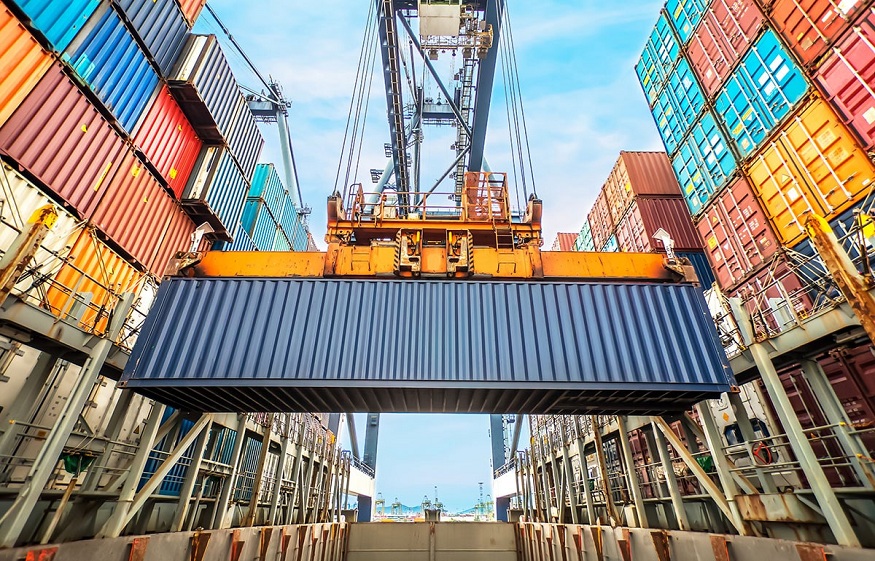Container haulage is a widely used method of transporting goods around the world. It involves loading containers onto trucks, trains, ships, or planes and efficiently delivering them to their destination. In this comprehensive guide, we will explore the numerous benefits of container haulage and why it has become a preferred choice for many businesses. From standardization and affordability to warehousing and security, container haulage offers a range of advantages that make it an essential tool in the supply chain.
1. Standardization: Streamlining Global Transportation
One of the most significant advantages of container haulage is the standardization it offers. Containers are recognized and utilized as a standard measurement unit in all countries, making the transportation of goods much easier and more efficient. Each container is assigned a unique identification number and size type code, enabling it to be managed as a separate transport unit. This standardization has revolutionized logistics and transport, benefiting all stakeholders involved in the supply chain.
Containers provide a safe, standardized, and efficient way to transport goods globally. Regardless of the mode of transportation – be it ships, trucks, barges, or wagons – containers ensure smooth and seamless movement of goods.
2. Affordability: Cost-Effective Transportation Solution
Container haulage offers an affordable transportation solution for businesses of all sizes. The use of containers eliminates the need for additional inspections throughout the travel process, allowing goods to reach their destination faster. Containers destined for transport on cargo ships have their details and information clearly displayed on the outside, facilitating easy identification of their contents.
To ensure a standardized delivery process, containers are priced at a level that is manageable for businesses worldwide. This affordability factor makes container haulage accessible to companies in different countries and states, enabling them to transport their goods cost-effectively.
3. Warehousing: Ensuring Secure Cargo Storage
Containerization brings several advantages for both consumers and producers of goods. Containers act as warehouses, providing secure storage for the cargo they hold. This makes packaging cargo in containers more cost-effective and straightforward, especially for consumer goods.
Containers are designed for easy stacking on ships, trains, and the ground, maximizing storage capacity. This stacking capability offers a net advantage for passengers and allows container yards to optimize their stacking volume. For producers looking to transport large quantities of goods, this feature is particularly beneficial.
Containers can be seamlessly transported via road, rail, or sea, offering producers greater flexibility in choosing the most suitable mode of transport for their goods.
4. Velocity: Faster Transport Chains
The introduction of container ships has revolutionized the shipping industry by enabling rapid and minimal transshipment. As a result, the turnaround time at ship ports has significantly decreased from weeks to as little as 24 hours. This is a significant advantage for transport chains involving containers, as it allows for much shorter delivery times.
Container shipping networks have well-established connections, expanding shipping options for businesses. The improved connectivity makes transportation quicker and easier, benefiting companies that heavily rely on container shipping.
5. Security: Protecting Goods in Transit
Shipping containers provide optimal protection for goods during transit. Once loaded, containers are sealed completely, preventing foreign objects from entering and potentially damaging the contents, particularly in the case of raw materials or food products.
Containers offer effective protection against adverse weather conditions, as well as safeguarding cargo from theft and other hazards. Most containers are built with sturdy, durable metal frames that protect their contents from deterioration, loss, and theft.





